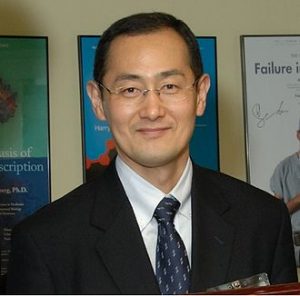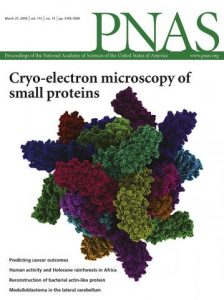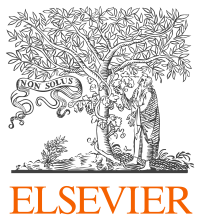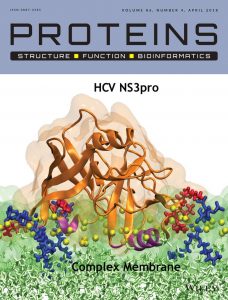
Kyoto University has “punitively dismissed” a researcher found guilty of falsifying nearly all of the figures in a 2017 stem cell paper.
According to an announcement Wednesday, the university fired the paper’s corresponding author, Kohei Yamamizu, after determining he had fabricated and falsified data in all but one figure in the 2017 Stem Cell Reports paper. The findings of the investigation, which were announced in January, found that Yamamizu, who worked at the Center for iPS Cell Research and Application (CiRA), was the only person responsible for the manipulation.
But CiRA’s director, Shinya Yamanaka—who shared a Nobel Prize for his work in stem cell biology—has taken responsibility for the incident as well. In an official statement, Yamanaka said he felt “a strong responsibility for not having prevented research misconduct at our institute:”
Continue reading Stem cell paper falsification leads to firing; Nobelist also penalized






 Before we present this week’s Weekend Reads, a question: Do you enjoy our weekly roundup? If so, would you consider a
Before we present this week’s Weekend Reads, a question: Do you enjoy our weekly roundup? If so, would you consider a 